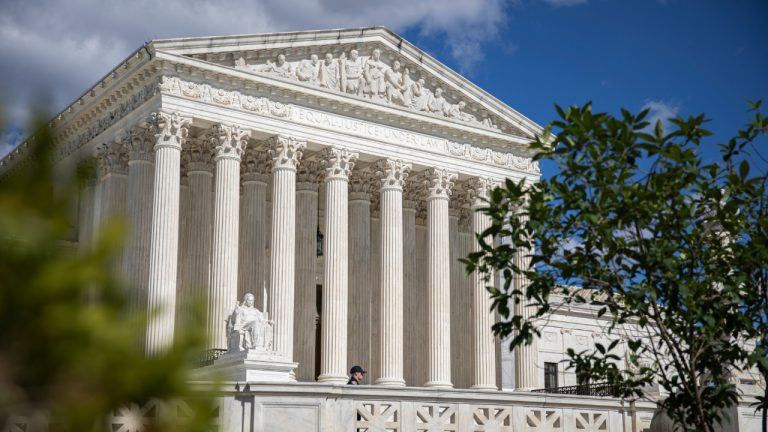
In a significant legal battle that could redefine privacy rights for cryptocurrency users, the Supreme Court is being called upon to challenge a controversial Internal Revenue Service (IRS) tactic that enabled the warrantless seizure of data from around 14,000 individuals involved in the crypto space. This move by the IRS has sparked a debate over the boundaries of privacy in the digital age and has raised concerns about government overreach in the realm of digital assets.
The IRS's mass seizure of records from thousands of cryptocurrency users has sent shockwaves through the crypto community, with many questioning the legality and constitutionality of such actions. The agency's use of a summons known as a John Doe summons to obtain information on individuals without specifically naming them has been at the center of the controversy. Critics argue that this tactic violates the Fourth Amendment protection against unreasonable searches and seizures, as well as infringing upon individuals' privacy rights.
The case has now reached the Supreme Court, where advocates for privacy rights are pushing for a ruling that would curtail the IRS's ability to conduct warrantless data grabs on such a large scale. The outcome of this legal battle could have far-reaching implications for the future of cryptocurrency regulation and the protection of individuals' privacy in the digital realm.
The debate over privacy rights in the cryptocurrency space is not a new one. As digital assets continue to gain mainstream acceptance and adoption, questions surrounding data privacy, government surveillance, and individual rights have become increasingly prominent. The IRS's actions in this case have reignited these debates and underscored the need for clear guidelines and protections for individuals who engage in cryptocurrency transactions.
If the Supreme Court were to rule in favor of limiting the IRS's ability to conduct mass data seizures without warrants, it could set an important precedent for the protection of privacy rights in the digital age. Such a decision would not only impact how the IRS can collect information from cryptocurrency users but could also have broader implications for government surveillance practices in the digital realm.
As the case unfolds, stakeholders in the cryptocurrency community, as well as advocates for privacy rights and civil liberties, will be closely watching to see how the Supreme Court addresses these critical issues. The outcome of this legal battle could shape the future of privacy rights for cryptocurrency users and set the stage for further discussions on the balance between government oversight and individual freedoms in the digital world.
Source: https://news.bitcoin.com/14000-crypto-accounts-swept-into-irs-data-grab-will-the-supreme-court-act/

Leave a Reply